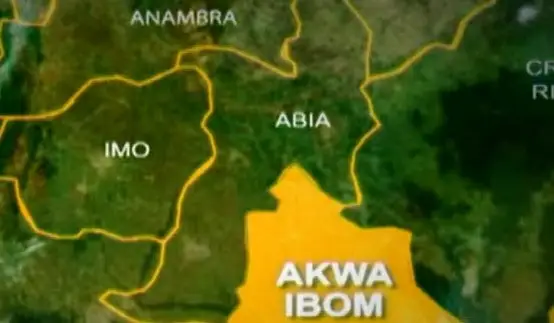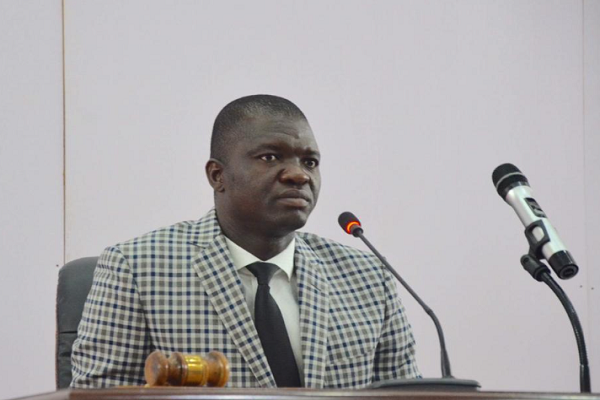The Nigerian naira is among the worst-performing currencies in Africa, the World Bank has said.
It noted that the currency weakened by nearly 40 per cent against the US dollar since a mid-June devaluation.
The global bank explained in its report titled, ‘Africa’s Pulse: An analysis of issues shaping Africa’s economic future (October 2023 | Volume 28).’
It stated that, “So far this year, the Nigerian naira and the Angolan kwanza are among the worst performing currencies in the region: these currencies have posted a year-to-date depreciation of nearly 40 per cent.
The weakening of the naira was triggered by the central bank’s decision to remove trading restrictions on the official market. For the kwanza, it was the decision of the central bank to stop defending the currency as a result of low oil prices and greater debt payments.”
Other currencies with significant losses so far in 2023, according to the World Bank, included South Sudan (33 per cent), Burundi (27 per cent), the Democratic Republic of Congo (18 per cent), Kenya (16 per cent), Zambia (12 per cent), Ghana (12 per cent), and Rwanda (11 per cent). It noted that parallel exchange market rates are also compounding inflationary problems for some countries in the African region.
In June 2023, the Central Bank of Nigeria directed Deposit Money Banks to remove the rate cap on the naira at the official Investors and Exporters’ window of the foreign exchange market, and allow the free float of the naira against the dollar and other global currencies. Since then, the naira had fallen from N473.83/$ to around N800/$ officially.
Highlighting the widening difference between the parallel and official exchange rates of the naira, the bank stated that this had been the case from March 2020 until June 2023.
It said the parallel rate premium increased to 80 per cent in November 2022, and then to about 60 per cent in June 2023, as the Central Bank’s interventions to restrict foreign exchange demand and keep the exchange rate artificially low were met with declining FX supply from oil revenues.
The unification and liberalisation of the exchange rates in June 2023 allowed the NAFEX rate to converge to the parallel one, closing the gap, it said.
It added, “However, resistance toward the increasing pressure on the Nigerian naira coupled with limited supply of FX at the official window has led to the reemergence of the parallel market premium.”
Nigeria’s growth rate would decelerate from 3.3 per cent in 2022 to 2.9 per cent in 2023, the Washington-based bank highlighted
It stated that the country’s oil production had remained below OPEC+ quota amid capacity issues and lower international oil prices and while non-oil economic activity, particularly industry and services still supported growth, policy actions to remove fuel subsidies and unify the exchange rates might be weighing on these activities in the short term.
The World Bank noted that activity in Nigeria’s manufacturing and services sector contracted in August. “Weak business confidence and rising input costs are driving the contraction of activity,” it said. It stresses business confidence appears to have weakened in Nigeria.
Commenting on the recent reforms of the new administration of Bola Tinubu, the global bank disclosed that purchasing power of households was expected to suffer in the short term.
It said, “The incoming Tinubu administration implemented a series of reforms that included the removal of fuel subsidies and the devaluation and unification of the exchange rate system. Petroleum prices have more than tripled since the subsidies were lifted at the end of May.
“The naira has weakened by nearly 40 per cent against the US dollar since the mid-June devaluation. Although these measures are intended to improve the fiscal and external accounts of the nation, their inflationary effects in the near term can erode the purchasing power of households and weigh on economic activity.”







